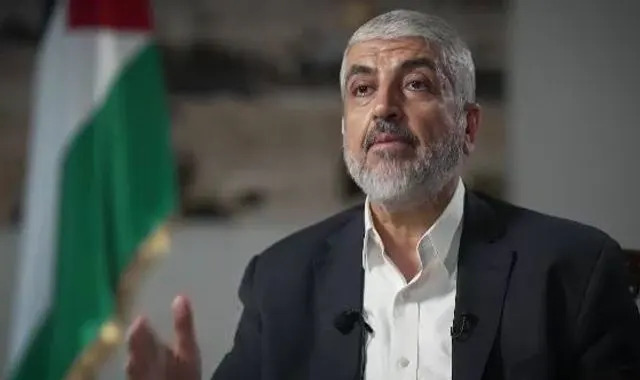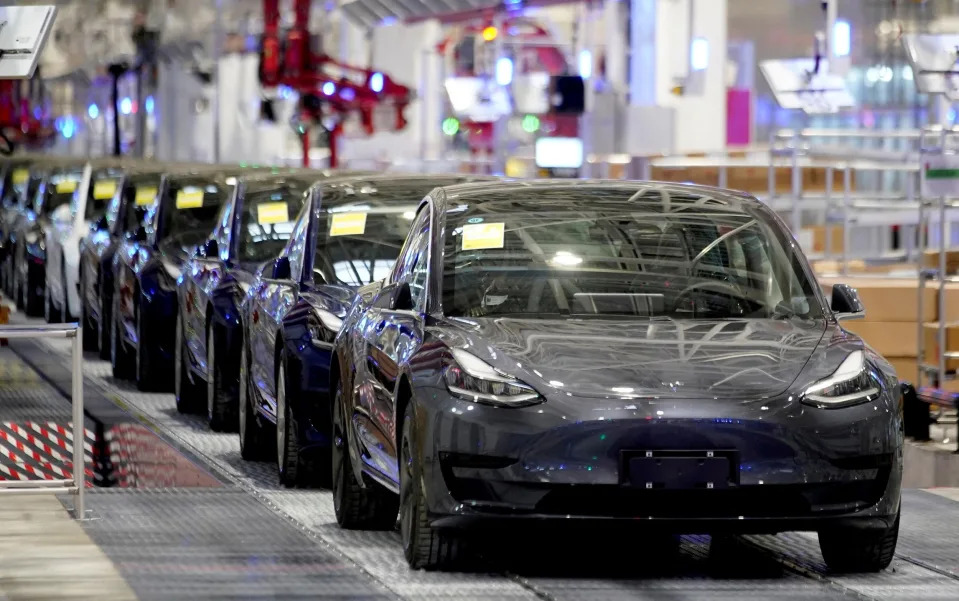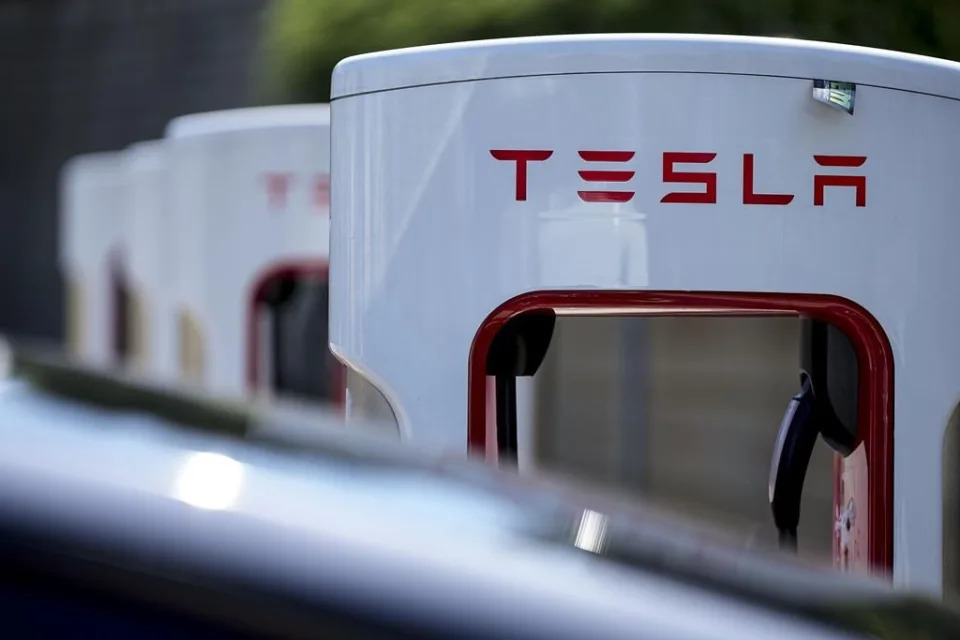Civilian hostages will be freed if Israel stops bombardment of Gaza, senior Hamas leader says
Sky News
Updated Mon, 23 October 2023

The key Hamas negotiator over the fate of more than 200 hostages held by the group inside Gaza says all the civilians among them will be released - if the right conditions are met.
Khaled Meshaal is a powerful figure within Hamas, revered as a living martyr after surviving an Israeli attempt to assassinate him almost three decades ago.
In his first Western television interview since the 7 October attacks, he told Sky News the civilians being held by Hamas will be let go if Israel reduces the intensity of bombing Gaza.
"Let them stop this aggression and you will find the mediators like Qatar and Egypt and some Arab countries and others will find a way to have them released and we'll send them to their homes," he said.
Follow live: Israel conducts raids inside Gaza - as hostage's desperate last WhatsApps revealed
He said hostage releases cannot happen while Israel's air offensive remains so intense.
"We want to stop the random bombardments, the total destruction, the genocide so that the al Qassam soldiers can take them from their places and hand them to the Red Cross or whoever.
"We need the right conditions to allow them to be released."
Meshaal repeated claims that 22 hostages have died in Israeli airstrikes since being taken.
Hamas will not say which countries they are from but says many of the dead are Israelis.
He would not be drawn on whether Hamas will stop hostage negotiations entirely if Israel presses ahead with a ground invasion of Gaza.
So far only two hostages have been released by Hamas.
In one of the first indications that Hamas overreached on 7 October, he claimed it had never planned on killing civilians.
He said of civilian deaths: "If there was any killing, this was definitely not intended. Definitely."
And he denied claims from Israel that Hamas had adopted new more brutal tactics.
"There is no change in Hamas's strategy and what happened on 7 October is completely within Hamas's strategy. The ones who kill women and children, mothers and fathers are Israelis."
Israel says fighters targeted and deliberately killed many civilians in kibbutzes and the music festival near Gaza where 250 unarmed young people are reported to have been killed.
There is abundant video evidence showing unarmed civilians being killed in cold blood from that day.
Meshaal insisted the 7 October attacks were entirely the work of Hamas despite claims Iran was involved in their planning and training.
"What happened on 7 October is a purely Palestinian Hamas decision.
"Hezbollah, Iran, Turkey are required to stand shoulder to shoulder but everybody takes their own decision."
And he had an olive branch of sorts for Israel and the international community.
"The exit can be in two stages. First regarding this current conflict, this criminal war on Gaza the bombardment and aggression on Gaza should stop and Israel should cease forcefully removing the people of Gaza from the northern parts to the southern," he added.
"All crossing points should open, aid should be allowed to enter."
Israel may be convulsed by war, but Meshaal said there was even now the opportunity to negotiate with Israel over peace.
"If this happens and there is a ceasefire we come to the big question what was the root cause of what happened and we will say it's the occupation," he said.
"So, Israel should withdraw from all occupied lands and we will have a window of opportunity and real opportunity."




















